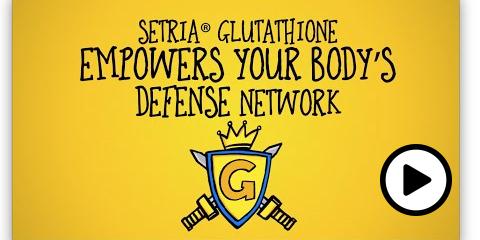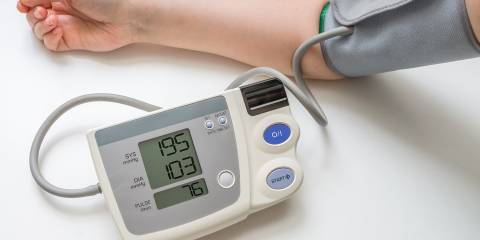Background
Urinary incontinence (UI) is any involuntary leakage of urine.
It is a common and distressing problem, and often treatable.
Causes
-
Stress Incontinence
Stress urinary incontinence (SUI), is caused by weakening of the pelvic floor muscles.
It is the loss of small amounts of urine associated movements that increase intra-abdominal pressure and thus increase pressure on the bladder., such as:
- coughing
- laughing
- sneezing
- exercising
In women, low estrogen levels may lead to lower muscular pressure around the urethra (the tube draining urine from the bladder), as well as a shorter urethral length, increasing the risk of leakage.
Stress incontinence is treatable.
-
Urge Incontinence
Urge incontinence is involuntary loss of urine occurring for no apparent reason while suddenly feeling the need or urge to urinate.
The most common cause of urge incontinence is involuntary bladder spasm. This can occur from many causes including:
- Hidden bladder infections or vaginitis (in women)
- Nerve problems such as stroke, MS, or Parkinson's
- Spasm of the muscle attached to the top of the pubic bone
-
Functional Incontinence
This is when you can't physically make it to the bathroom in time due to limited mobility.
Treatment
A urologist will do the best evaluation, but consider these treatments first to see if they work (allow 2-3 months) so you don't get pushed into unnecessary surgery or medications.
-
Therapies & Advice
-
Schedule Frequent Bathroom Trips
Know how long you can hold it. If you leak after 90 minutes, go to urinate every 75 minutes while awake. Keep a chart till you naturally time train yourself.
-
For Women
-
Use Pads
Attends Booster Pads™ and similar pads (or smaller menstrual pads) can offer relief from the anxiety of "What if there's a leak?"
-
Kegel Exercises
Kegel exercises to strengthen or retrain pelvic floor muscles and sphincter muscles can reduce stress leakage. Do at least 24 daily contractions for at least 6 weeks.
-
Test for Infection
Do a urine culture and sensitivity test for infection. If positive with E. coli bacteria (most are), use the supplement D-Mannose to suppress the infections safely.
-
Bioidentical Estrogen
For stress incontinence, consider low dose bioidentical estrogen and progesterone (see Menopause) applied daily vaginally near where the urine comes out. Give it 3 months to work. This can be very helpful.
-
-
-
Recommended Supplements
-
For Women
-
Magnesium
The nutrient magnesium (200-400 mg a day — less if diarrhea) helps decrease bladder spasm after 6 weeks of use.
-
-
For Men
-
Zinc and Vitamin A
Optimize zinc intake (15-25 mg a day) and vitamin A (2,000-5,000 units a day).
-
Amino Acids
Take amino acids such as alanine, glycine and glutamic acid (1,000-2,000 mg a day).
-
Multi-Nutrient Powder
All of the above are present in high dose in a good multi-nutrient powder.
-
Saw Palmetto
Saw palmetto 160 mg twice a day can be as effective, or more so, than medications after 6 weeks.
-
-
-
Exercise
-
For Men
-
Take Walks
Walking 2 to 3 hours a week was associated with a 25% decreased risk of BPH.
-
-
-
Medications
-
For Men
-
Proscar, Hytrin, and Flomax
Proscar, Hytrin, and Flomax are 3 common ones. Though not necessarily more effective than the natural remedies, they may work more quickly and may be combined with the natural therapies.
-
-
More Information Online
- How to do Kegel Exercises (for women)
- Testosterone Deficiency (for men)



